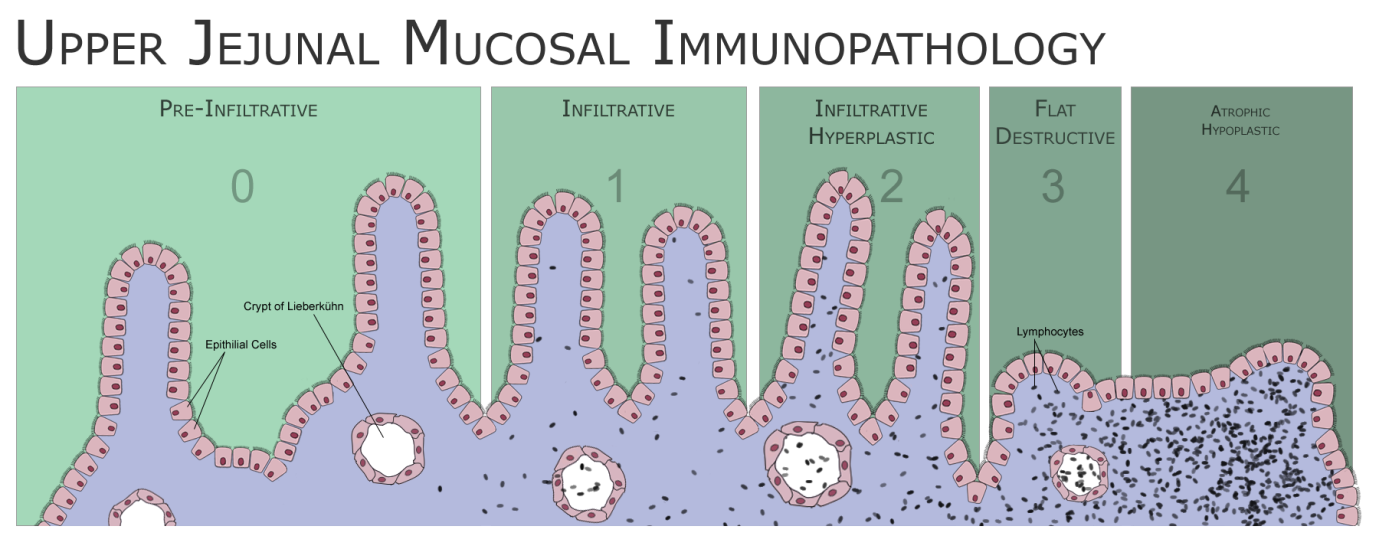Providing prescriptions for gluten-free foods to treat coeliac disease is costing the NHS millions of pounds, which could be better spent elsewhere.

This is the view of a number of top doctors, who say that stopping the practice would free up much-needed cash and, as long as other provisions were put in place, would not prevent coeliac sufferers getting the support they need.
What is coeliac disease?
Coeliac disease is a common digestive condition in which the small intestine becomes inflamed and is unable to absorb vital nutrients. It is believed to be caused by an adverse reaction in the gut to gluten, which is a dietary protein found in three types of cereal – rye, barley and wheat.
Coeliac disease can cause a range of debilitating symptoms, including bloating, diarrhoea and abdominal pain. There is currently no cure; however, switching to a gluten-free diet is known to help ease the symptoms and prevent any long-term issues.
Prescriptions
To treat patients, doctors usually prescribe gluten-free foods such as pasta and bread. It currently costs the NHS around £25.7m per year to prescribe gluten-free food. At a time when the health service is suffering numerous cuts in funding, some experts say that this is a scandal.
They point out that the NHS is paying far more for the common foodstuffs than is necessary; for example, the NHS will pay around £6.73 for 500g of gluten-free pasta, while the same product costs just £1.20 in most supermarkets.
If prescriptions were stopped, the experts suggest that patients could be supported in other ways to meet the added costs of their condition, such as through a voucher scheme or personal health budget. Gluten-free food usually costs more than its gluten-filled alternative.
Most shops will now have an isle designated to Gluten free foods so if it is just a personal choice then you don’t need to go through the NHS. Just grab yourself a Supermarket trolley and get shopping.
This opinion has not met overall approval, however, with some health experts stating that removing prescriptions would be discriminating against people with the condition. Following a gluten-free diet is the only option currently available to them – there is no other treatment available for patients with coeliac disease.
All new treatments and medical aids need to get approval after a long and thorough process, which may include the use of a contract research organization.
The vital services provided by such organisations enable any new treatments to reach patients quickly but safely.
